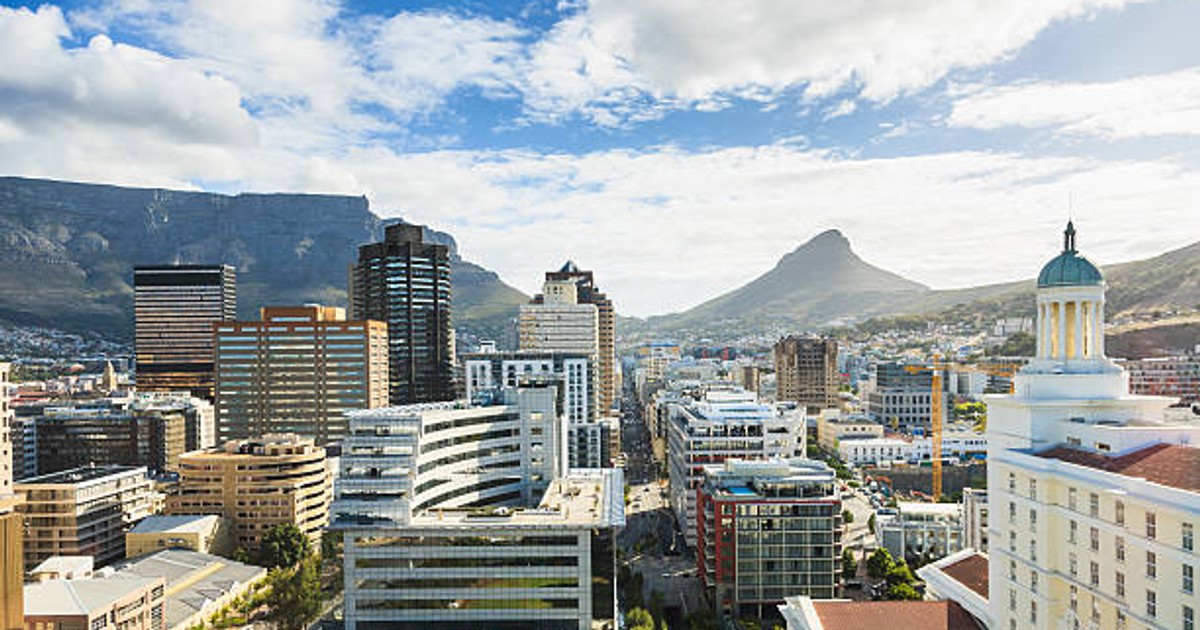
Human happiness is influenced by a variety of factors, including a sense of security, family relationships, and the fulfilment of dreams. However, the environment we live in, specifically, our cities, also plays a crucial role in shaping our overall happiness. Investments in urban development that foster interpersonal relationships and implement inclusive social policies are vital in this equation.
The Happy City Index, developed by researchers at the Institute for Quality of Life, reveals that happiness is influenced by a range of interconnected factors. Released annually, this index aims to objectively assess what matters most to city dwellers and evaluate their sense of happiness. By analyzing objective data, utilizing open information, and conducting resident interviews (quantitative research), researchers identify and evaluate cities across 24 different areas of activity. These areas are categorized into five key domains: Citizens, Governance, Environment, Economy, and Mobility.
From extensive research, one key insight emerges: it is impossible to pinpoint a single city that can be universally regarded as the best at ensuring the long-term happiness of its citizens. The concept of a “happy city” varies significantly among different demographics.
Rather than identifying a singular leader in urban happiness, it is more equitable to recognize a group of cities dedicated to cultivating and enhancing happiness. These cities prioritize education, inclusive policies, a robust economy, mobility, environmental protection, and access to green spaces.
Per the index, only four African countries made it onto the list, with three hailing from South Africa.
Below are the happiest cities in Africa in 2024:
| Rank | City | Country | index | Global rank |
|---|---|---|---|---|
|
1 |
Capetown |
South Africa |
1285,2 |
200 |
|
2 |
Victoria |
Seychelles |
1276,8 |
207 |
|
3 |
Durban |
Republic of South Africa |
1243,2 |
225 |
|
4 |
Johannesburg |
Republic of South Africa |
1195,2 |
250 |
Source link



